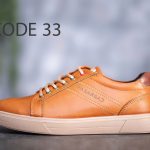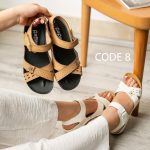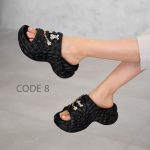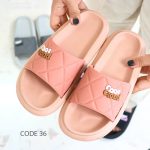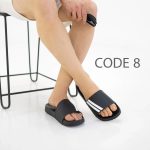5 Key Tips for Choosing the Right Shoes for Arbaeen Pilgrimage
what will you read...
1. Wear Shoes That Are Already Broken In2. Choose the Right Upper Material and Insole3. Size Matters—Not Too Tight, Not Too Loose4. Sole Design Should Match Mixed Terrains5. Lightweight Shoes Make a Big Difference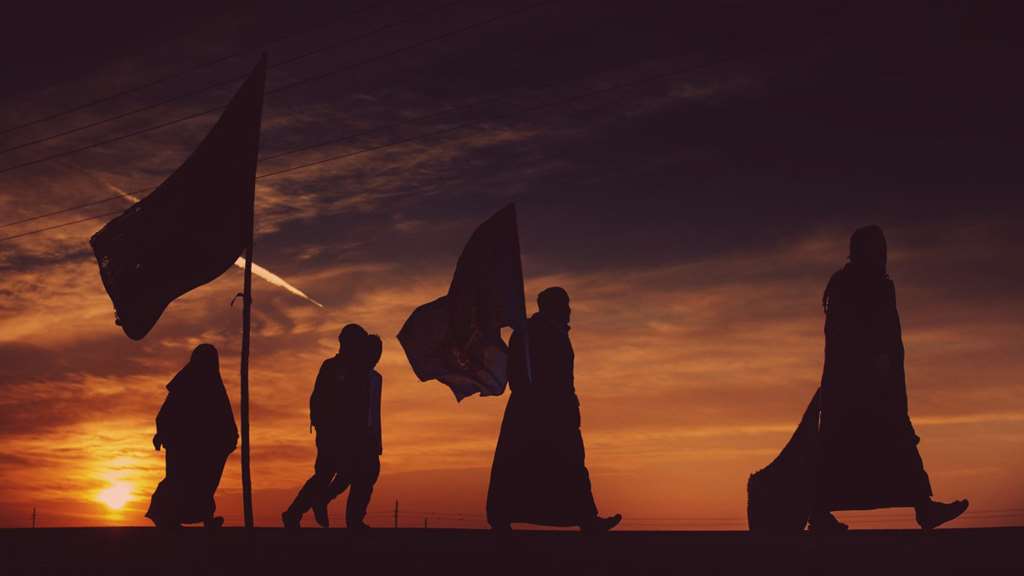
The Arbaeen pilgrimage isn’t just a regular walk—it’s a deeply spiritual and physically demanding journey, often involving hundreds of kilometers on foot. On this long path, a poor shoe choice can turn a meaningful experience into a painful memory. Choosing the right walking shoes is one of the most important decisions you’ll make before the trip. If you’re thinking, “I’ll just wear my regular shoes,” please read on—this article might save your feet!
1. Wear Shoes That Are Already Broken In
Nothing on your feet should be new during the pilgrimage—not your shoes, not even your socks. The best shoes for Arbaeen are ones you’ve already worn several times, so they’ve molded to your foot shape and proven themselves comfortable. New shoes might look nice, but they can bring painful blisters after just a few kilometers.
2. Choose the Right Upper Material and Insole
Iraq’s weather in early autumn can be unpredictable—hot sun one day, surprise rain the next. Your shoes should be breathable and water-resistant. Mesh uppers are ideal to keep your feet from sweating excessively, and soft, ergonomic insoles will help distribute pressure evenly and reduce fatigue.
3. Size Matters—Not Too Tight, Not Too Loose
It may seem obvious, but many pilgrims end up with shoes that are either too snug (hoping they’ll stretch) or too loose (thinking extra room is better). Keep in mind that your feet swell slightly during long walks, so choose shoes that are about half a size larger than your usual—but not so loose that your heels slide around.
4. Sole Design Should Match Mixed Terrains
Arbaeen routes include a mix of asphalt, gravel, dirt paths, and sometimes mud. The shoe sole must be durable, non-slip, and grip well on all surfaces. Look for shoes with EVA or PU soles—they’re lightweight, shock-absorbing, and ideal for long distances. Avoid flat, smooth soles that offer little support.
5. Lightweight Shoes Make a Big Difference
You might think shoe weight doesn’t matter—but after thousands of steps, you’ll definitely feel it! Lightweight shoes significantly reduce fatigue. The best choices are running or trekking shoes that are breathable, supportive, and free of unnecessary metal or heavy decorations.
Final Thoughts
The right shoes for Arbaeen aren’t just gear—they’re your road companion. If you choose wisely, you’ll walk with more comfort, less pain, and greater focus on the spiritual journey. So don’t leave it to the last minute—start testing your shoes well before your trip!
If you’ve walked the Arbaeen pilgrimage before and have tips or favorite shoes, feel free to share them in the comments—we’d love to hear your story.




